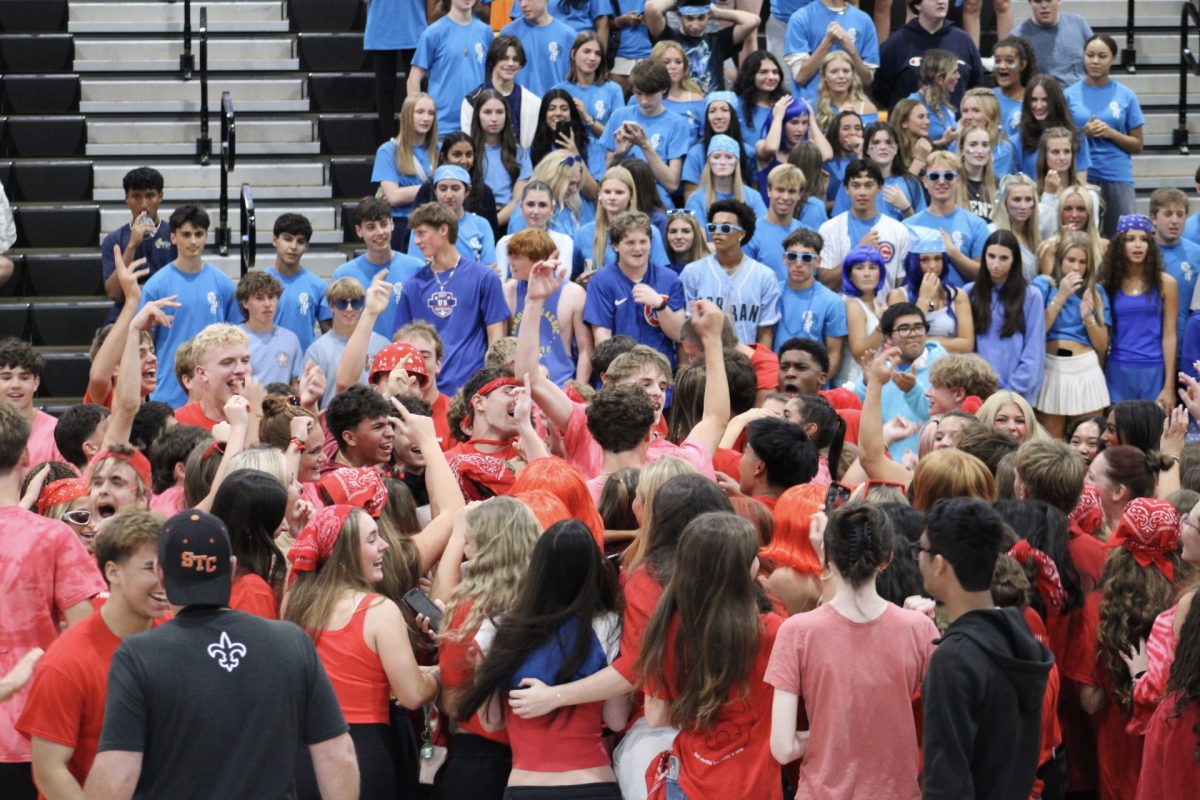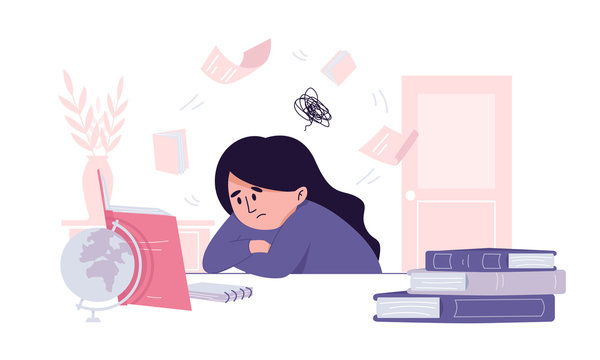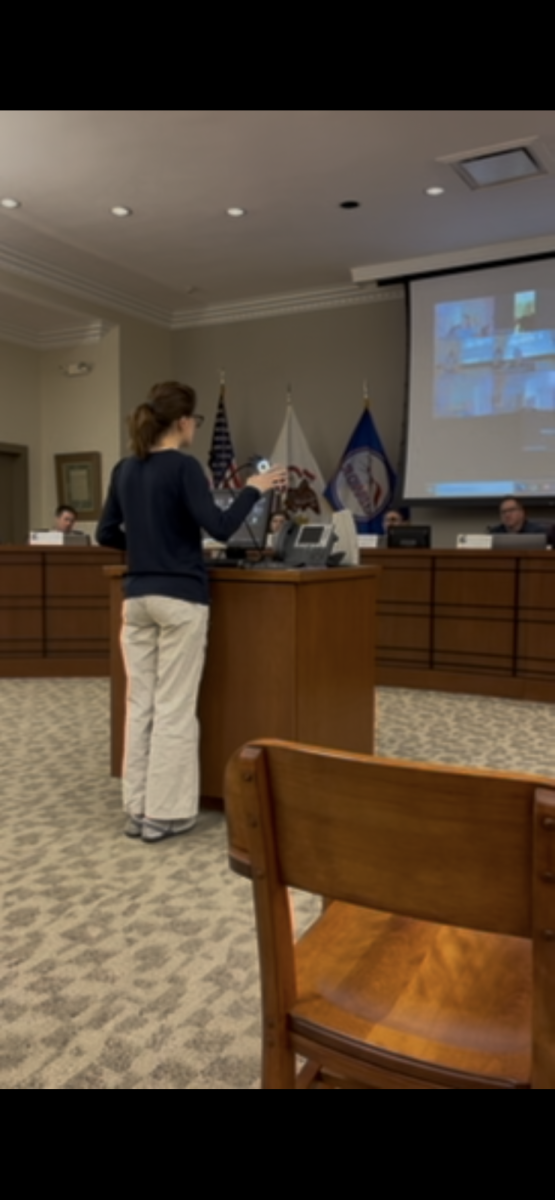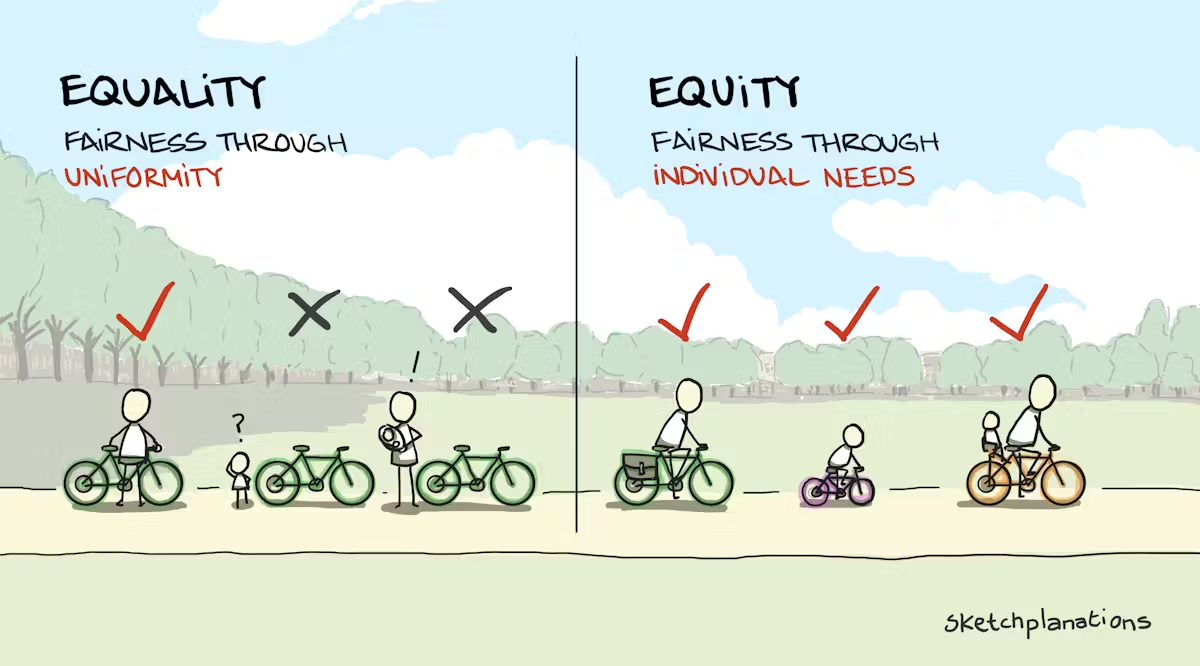Let’s face it. Everyone just wants things to go back to normal. No more masks, no more social distancing, no more Zoom calls. In the beginning of the pandemic, all those things were novel, maybe even a bit fun–something to spice up the bland March weather–but we’re all ready to be done with them now.
Humans are creatures of habit. We thrive on our ability to get into a routine, turn on autopilot, and plow away at whatever goals we have. Habitual practices appease our instinctual desire for safety and security. Because we can predict what’s coming and how to respond, our conscious minds relax, and the subconscious begins to take over. Everything just seems to flow, even without our trying.
But what happens when those routines get interrupted? Usually, it’s chaos. One small change–waking up 10 minutes late, hitting the wrong red light on the way to work, running out of shampoo in the shower–can spell disaster. An entire day seems to be ruined. We lament our terrible luck and curse the gods for throwing us out of our rhythm. “Why couldn’t it just be a normal day?” we cry.
It’s no surprise, then, that the COVID-19 Pandemic has shaken the world to its very core. The virus and its consequences have made our world seem alien, strange and unwelcoming. Entire countries have been decimated by an invisible weapon. That’s a scary thought. With all the death, destruction, and interruption that fills the headlines these days, it’s only natural to want things to return to “normal”.
The problem is that all of this is normal. It’s the new normal. We can’t judge September 2020 by the standards of September 2019, nor by the standards of any other date in time. Our circumstances are historically unprecedented, but for this moment in time, they are perfectly normal.
That’s a thought we’re going to have to accept going forward. Our modern society is advancing at a faster rate than ever before. Each year, technology companies introduce a whole host of new futuristics gadgets, climate change worsens, and millions of new people are born. Cures for diseases are developed, natural disasters strike, and we find out more about our galaxy. These changes are having irrevocable effects on our world. What’s “normal” a month, year, or decade from now is going to look drastically different from our “normal” today.
So even if this new normal looks a bit scary, find solace in the knowledge that there’s another one waiting just around the corner. A flexible mindset–the ability to accept the current situation with ease–is going to be a massive asset in the future.









